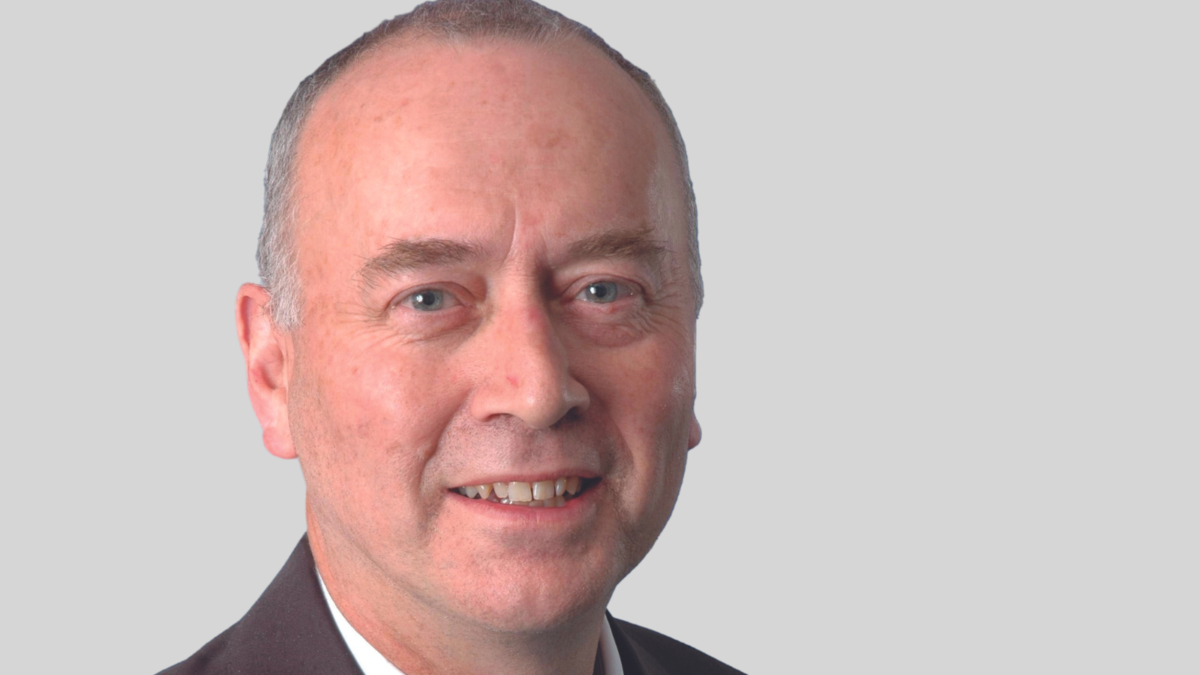Top asset owners weather a ‘VUCA-fest’, prepare for the polycrisis
The world’s top 100 largest asset owners – a group that includes pension funds, insurers, sovereign wealth funds, foundations and endowments, and outsourced CIOs – are now responsible for US$25.7 trillion, according to new research from the Thinking Ahead Institute.
“These big asset owners control the world’s most influential capital and hold great responsibility and growing influence in relation to their beneficiaries, and to a widening group of stakeholders,” said Roger Urwin, co-founder of the Thinking Ahead Institute (photo at top).
“The research highlights that many of these asset owners act as universal owners – long-term, leadership minded holders of portfolios that are exposed to the entire market and economy – and have a distinctive opportunity to contribute to real-world systemic change by contributing to a Paris-aligned future, consistent with net-zero emissions by 2050.”
It’s been a tough year for asset owners, with the Thinking Ahead Institute warning that inflationary regime change, geopolitical and systemic risks have compounded into a “VUCA-fest” (Volatile, Uncertain, Complex, Ambiguous) and that asset owners can no longer expect a “credible” three to five per cent real return and may have to prepare for a period of relatively low returns.
Long horizon investing principles provide “a crucial set of guardrails” at times like these but need to be adapted to deal with sustainability; time horizons should be extended to account for sustainability issues that often play out over periods spanning several market cycles. A recent Thinking Ahead Institute report – Pay Now or Pay Later? – found a 50-60 per cent downside to existing financial assets in a business-as-usual approach to investing where climate risks are not addresses.
Asset owners also need to reckon with a new world of systemic risk, recently highlighted by the blow-up in the UK defined benefit system. In the future, the Thinking Ahead Institute believes these risks will increasingly stem from climate, environmental and social sources. Pricing them is nearly impossible, and there is the potential for a global “polycrisis” – where systemic risks combine and synchronise.
“With systemic risk being a bigger part of long-term risk, the development of integrated models that make allowances for the differentiated features of systemic risk become critical,” the report says.
“Investment models have to date been designed around a risk framework that is normally shaped and linear. It does not line up with systemic risks that are different in being pervasive, inter-connected, and non-linear, and not capable of being hedged but may be subject to mitigation.”
The Future Fund, AustralianSuper, Aware Super, ART, and TCorp all made the list of top 100 asset owners. The Government Pension Investment Fund of Japan remains the largest asset owner in the world at US$1.7 trillion, followed by the two largest sovereign wealth funds: Norges Bank Investment Management (US$1.4 trillion) and China Investment Corporation (US$1.2 trillion).










